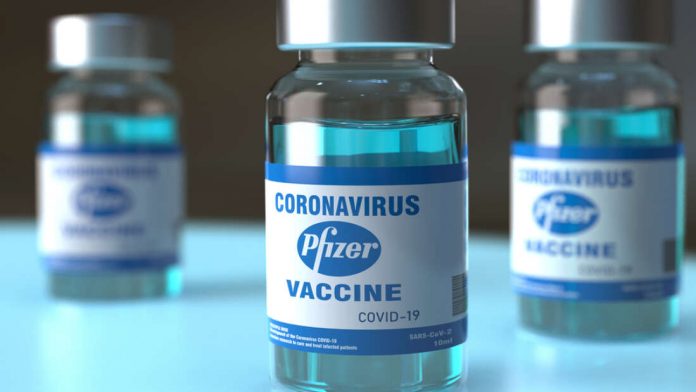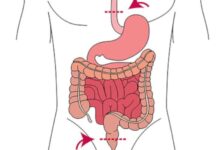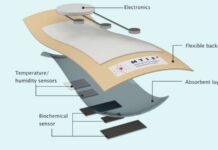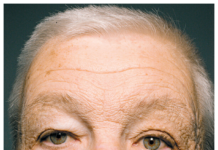According to a new safety and efficacy analysis, a single dose of Pfizer vaccine is 92.6% effective at preventing COVID-19.
A recent report by two Canada-based researchers suggests that the Pfizer vaccine’s initial efficacy results may have been miscalculated. According to the letter published in the New England Journal of Medicine, a single dose of Pfizer vaccine has a 92.6% efficacy; much higher than the previously reported 52.4%.
The authors also report a vaccine efficacy of 52.4% from after the first dose to before the second dose, but in their calculation, they included data that were collected during the first 2 weeks after the first dose, when immunity would have still been mounting.
study authors
In November of last year, Pfizer and BioNTech released interim analysis results from the phase 3 clinical trials of its joint vaccine. The analysis had revealed a vaccine efficacy of 95%. Based on the results of the interim analysis, Pfizer and BioNTech applied for authorization in countries around the world. It soon received approval in the UK, followed by the US Food and Drugs Administration (FDA). Although the recommended approach was a two-dose regimen given two 21 days apart, the UK adopted a different approach in hopes to reach a wider population. The new approach involved a significant delay between the two doses. This resulted in researchers challenging the decision. However, the recent report adds evidence to the UK’s approach.
Delay the Second Dose
Previously, Israeli researchers analyzed over 9,000 healthcare workers who received the Pfizer vaccine. The results showed single dose of the vaccine provided 85% protection. Thus, further adding to the evidence.
Moreover, the Moderna vaccine’s single-dose had also shown a 92.1% efficacy. Therefore, based on all this evidence researchers are urging countries to delay their second dose to cover all high-risk individuals. According to Dr. Danuta M. Skowronski, deferring the second dose will help face the current vaccine scarcity and avert the pandemic threat.
Deferral of the second dose of the COVID-19 vaccine will enable more individuals within our high-risk and health care worker priority groups to receive a single dose.
Dr. Danuta M. Skowronski, MD, author of the new report
However, some researchers are urging caution citing the evidence as not enough. While the UK plans to delay the second dose by 12-weeks, FDA and European Agency sre sticking with the recommended 21 days interval.
Reference:
Safety and efficacy of the BNT162b2 Mrna Covid-19 Vaccine. (2021). New England Journal of Medicine. doi:10.1056/nejmc2036242
Amit, S., Regev-Yochay, G., Afek, A., Kreiss, Y., & Leshem, E. (2021). Early rate reductions OF Sars-cov-2 infection and COVID-19 in Bnt162b2 vaccine recipients. The Lancet. doi:10.1016/s0140-6736(21)00448-7




